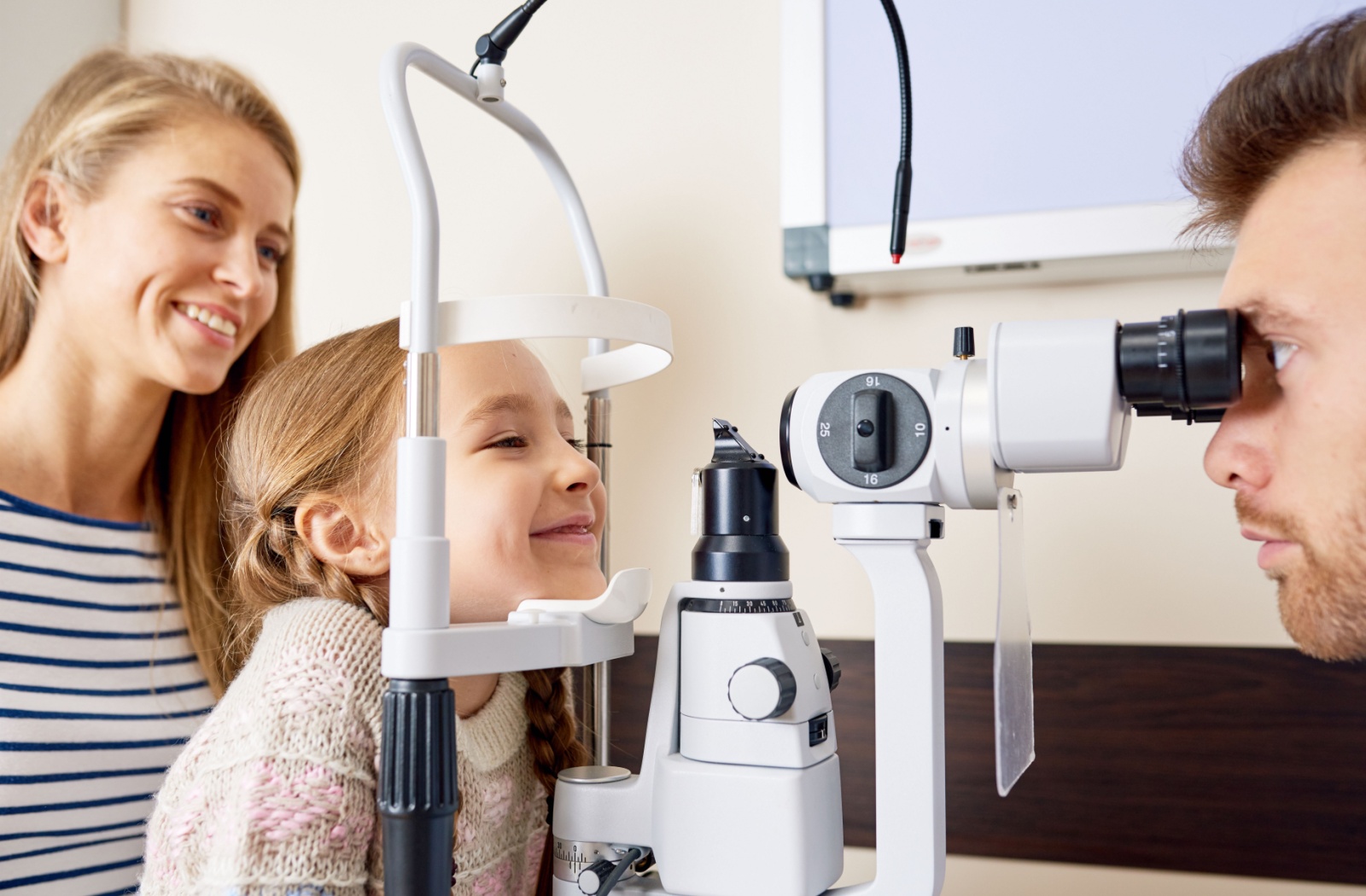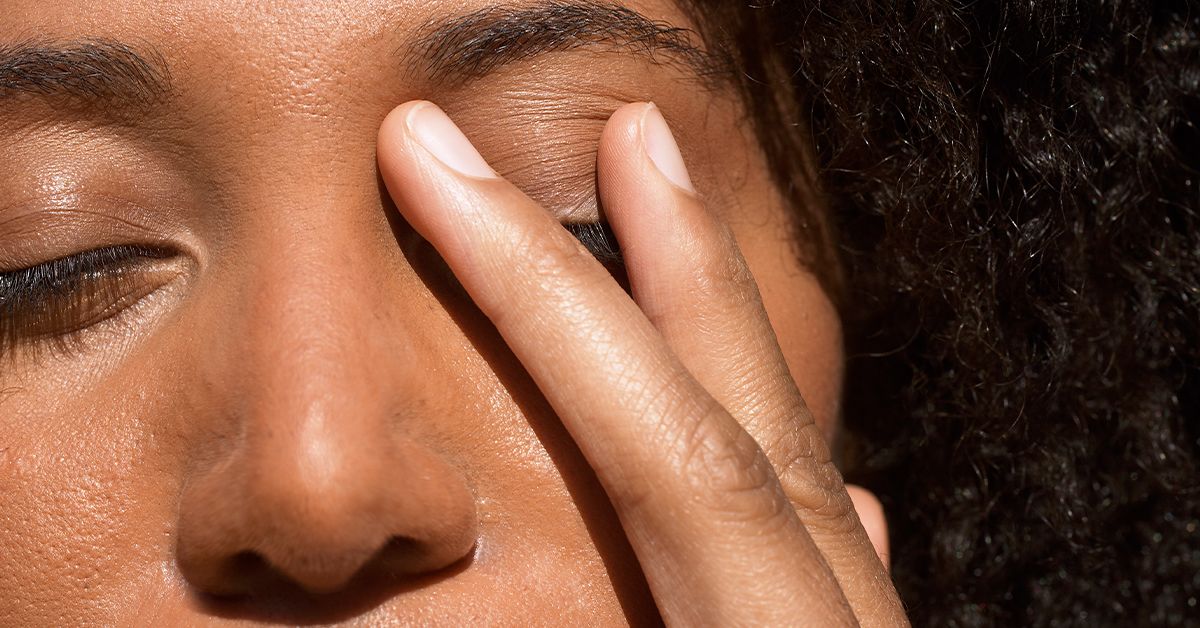Featured
Persistent eye problems such as glaucoma, diabetic person retinopathy, age-related macular degeneration (AMD), and cataracts can present significant difficulties to patients. However, with correct monitoring, these conditions can be controlled, and individuals can continue to lead energetic, meeting lives. Managing persistent eye conditions requires a multi-faceted method that consists of clinical therapy, lifestyle modifications, and aggressive care. Right here are some essential ideas to aid patients take care of chronic eye conditions effectively.
![]()
Among the most important methods to take care of persistent eye problems is by following a structured therapy plan created by an eye care expert. Whether it's taking day-to-day eye declines for glaucoma or organizing routine injections for macular degeneration, staying with the proposed treatment regimen is essential. Regular use of drug or therapies can slow down the progression of the disease and prevent additional vision loss. Individuals should also be conscious of follow-up consultations and any type of essential modifications to their therapy plans.
Persistent eye conditions need continuous tracking to track their development and spot any kind of changes early. Regular eye tests allow healthcare service providers to assess the condition and change treatments as required.
Diet plan plays a considerable duty in managing chronic eye problems. Nutrient-rich foods, specifically those high in anti-oxidants and omega-3 fats, can aid preserve and secure eye health. For circumstances, green leafy veggies like spinach and kale are packed with lutein and zeaxanthin, which are valuable for individuals with macular deterioration. Omega-3 fatty acids discovered in fish such as salmon and flaxseeds have anti-inflammatory homes that can sustain eye health and wellness, specifically for patients with dry eye disease. A well balanced diet regimen also assists manage underlying problems like diabetes mellitus, which can stop problems associated with diabetic person retinopathy.
Safeguarding your eyes from environmental elements is vital for handling chronic problems. UV rays from the sunlight can get worse problems like cataracts and macular deterioration. Wearing sunglasses with UV defense is important when outdoors, even on over cast days. In addition, clients with completely dry eyes should prevent environments that add to dryness, such as dirty or windy problems, and use humidifiers to maintain wetness in the air. Appropriate eye defense is also necessary for individuals functioning in atmospheres with intense lights, dirt, or chemicals.
![]()
Normal exercise helps boost blood circulation, which is important for preserving eye health, especially for individuals with diabetes mellitus or high blood pressure, both of which can add to eye problems. Before beginning a new workout routine, it's constantly a good concept to consult your physician to guarantee your tasks are risk-free for your specific eye problem.
Living with a persistent eye problem can in some cases lead to anxiety, anxiety, or stress and anxiety. Stress can negatively influence your wellness, including eye wellness, and intensify signs and symptoms of chronic problems.
Modern innovation has actually made it much easier for individuals with chronic eye problems to continue leading independent lives. For clients with macular degeneration or diabetic retinopathy, tools like multiplying glasses, text-to-speech applications, and high-contrast displays can aid with daily activities like reading, viewing television, or utilizing a computer. Furthermore, low-vision help and flexibility devices can assist in navigation and aid individuals keep independence in spite of vision loss.
Remaining notified about your condition and the most recent treatments is essential for effective monitoring. Inform on your own concerning your particular eye condition, its development, and available treatment options.
Take note of any type of changes in your vision, such as blurriness, double vision, or unexpected vision loss, and report them to your eye care provider asap. Early detection of any issues can make a significant distinction in the end result of your problem. Maintaining a everyday or once a week log of your signs and symptoms can assist both you and your doctor place patterns and recognize prospective worries better.
In conclusion, taking care of persistent eye problems requires a proactive technique, including normal medical exams, adherence to therapy plans, a healthy and balanced way of living, and psychological assistance. With the right treatment and commitment, people can efficiently handle their problem and preserve their vision and lifestyle. By following these ideas and staying watchful about eye wellness, you can empower on your own to take control of your problem and take pleasure in a meeting life regardless of the challenges.

- Comply With a Structured Therapy Strategy
Among the most important methods to take care of persistent eye problems is by following a structured therapy plan created by an eye care expert. Whether it's taking day-to-day eye declines for glaucoma or organizing routine injections for macular degeneration, staying with the proposed treatment regimen is essential. Regular use of drug or therapies can slow down the progression of the disease and prevent additional vision loss. Individuals should also be conscious of follow-up consultations and any type of essential modifications to their therapy plans.
- Regular Eye Tests and Monitoring
Persistent eye conditions need continuous tracking to track their development and spot any kind of changes early. Regular eye tests allow healthcare service providers to assess the condition and change treatments as required.
- Keep a Healthy Diet Plan for Eye Health
Diet plan plays a considerable duty in managing chronic eye problems. Nutrient-rich foods, specifically those high in anti-oxidants and omega-3 fats, can aid preserve and secure eye health. For circumstances, green leafy veggies like spinach and kale are packed with lutein and zeaxanthin, which are valuable for individuals with macular deterioration. Omega-3 fatty acids discovered in fish such as salmon and flaxseeds have anti-inflammatory homes that can sustain eye health and wellness, specifically for patients with dry eye disease. A well balanced diet regimen also assists manage underlying problems like diabetes mellitus, which can stop problems associated with diabetic person retinopathy.
- Safeguard Your Eyes from Ecological Stressors
Safeguarding your eyes from environmental elements is vital for handling chronic problems. UV rays from the sunlight can get worse problems like cataracts and macular deterioration. Wearing sunglasses with UV defense is important when outdoors, even on over cast days. In addition, clients with completely dry eyes should prevent environments that add to dryness, such as dirty or windy problems, and use humidifiers to maintain wetness in the air. Appropriate eye defense is also necessary for individuals functioning in atmospheres with intense lights, dirt, or chemicals.
- Stay Active and Workout Consistently

Normal exercise helps boost blood circulation, which is important for preserving eye health, especially for individuals with diabetes mellitus or high blood pressure, both of which can add to eye problems. Before beginning a new workout routine, it's constantly a good concept to consult your physician to guarantee your tasks are risk-free for your specific eye problem.
- Take Care Of Stress And Anxiety and Mental Health And Wellness
Living with a persistent eye problem can in some cases lead to anxiety, anxiety, or stress and anxiety. Stress can negatively influence your wellness, including eye wellness, and intensify signs and symptoms of chronic problems.
- Look For Assistive Devices and Technology
Modern innovation has actually made it much easier for individuals with chronic eye problems to continue leading independent lives. For clients with macular degeneration or diabetic retinopathy, tools like multiplying glasses, text-to-speech applications, and high-contrast displays can aid with daily activities like reading, viewing television, or utilizing a computer. Furthermore, low-vision help and flexibility devices can assist in navigation and aid individuals keep independence in spite of vision loss.
- Inform Yourself and Remain Informed
Remaining notified about your condition and the most recent treatments is essential for effective monitoring. Inform on your own concerning your particular eye condition, its development, and available treatment options.
- Monitor Symptoms and Report Modifications Without Delay
Take note of any type of changes in your vision, such as blurriness, double vision, or unexpected vision loss, and report them to your eye care provider asap. Early detection of any issues can make a significant distinction in the end result of your problem. Maintaining a everyday or once a week log of your signs and symptoms can assist both you and your doctor place patterns and recognize prospective worries better.
In conclusion, taking care of persistent eye problems requires a proactive technique, including normal medical exams, adherence to therapy plans, a healthy and balanced way of living, and psychological assistance. With the right treatment and commitment, people can efficiently handle their problem and preserve their vision and lifestyle. By following these ideas and staying watchful about eye wellness, you can empower on your own to take control of your problem and take pleasure in a meeting life regardless of the challenges.
Latest Posts
Discover Cut Costs on Car Maintenance with Montclare Auto Repair’s Special Deals
Published May 25, 25
1 min read
Explore the Premier Auto Repair Offers in Montclare, Chicago
Published May 24, 25
1 min read
Don’t Miss Limited-Time Auto Repair Offers in Chicago at Montclare Auto Repair
Published May 24, 25
1 min read
More
Latest Posts
Discover Cut Costs on Car Maintenance with Montclare Auto Repair’s Special Deals
Published May 25, 25
1 min read
Explore the Premier Auto Repair Offers in Montclare, Chicago
Published May 24, 25
1 min read
Don’t Miss Limited-Time Auto Repair Offers in Chicago at Montclare Auto Repair
Published May 24, 25
1 min read